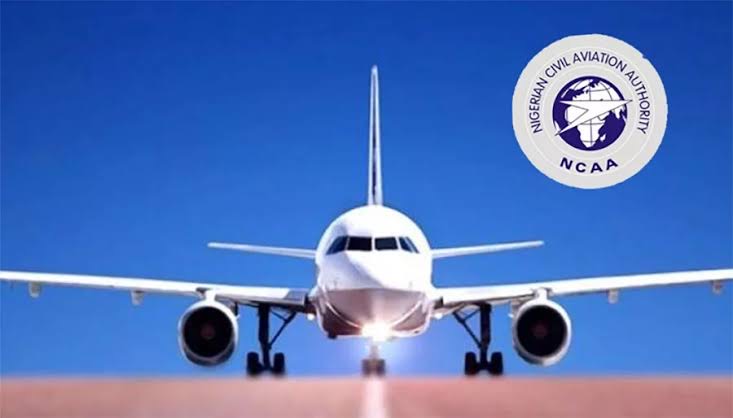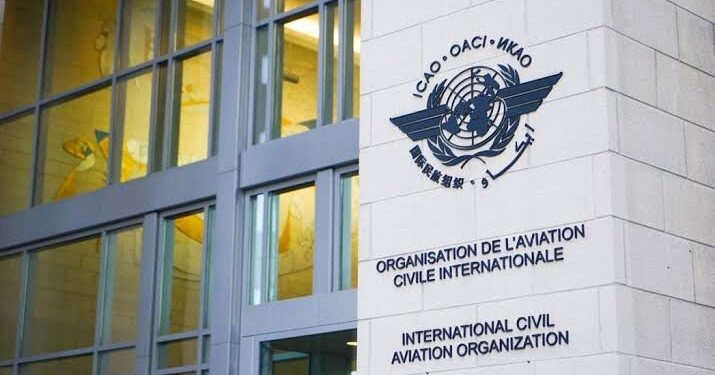Responding to recent reports alleging that the United States has banned Nigerian airlines from operating in the country, the Nigerian Civil Aviation Authority (NCAA) has clarified the situation and cleared up any misunderstandings that may arise from such news. NCAA Acting Director General, Captain Chris Najomo, in a statement on Monday, stressed that media reports need accurate context to avoid unnecessary alarm of the public.
The NCAA chief in his statement explained that to operate flights to the United States, all countries, including Nigeria, must successfully complete the International Aviation Safety Assessment (IASA) program and obtain Category 1 status.

This status is administered by the US Federal Aviation Administration (FAA) and Nigerian airlines are permitted to operate Nigerian-registered aircraft and foreign-registered dry-lease aircraft to the United States in accordance with the Bilateral Air Services Agreement (BASA) between the country and other countries.
“Nigeria first earned Category One status in August 2010, following a rigorous safety assessment by the FAA. Subsequent reviews in 2014 and 2017 confirmed Nigeria’s adherence to international aviation safety standards, allowing the country to retain its prestigious status.
“However, in September 2022, the FAA implemented a policy revision affecting Category One countries. This revision de-listed countries that had not provided indigenous airline services to the U.S. or carried the airline code of a U.S. operator within a two-year period. Countries that were not receiving FAA technical assistance due to identified non-compliance with international safety standards were also removed from the list” Najomo explained.
He added that Nigeria, which did not offer its own connection to the United States within the deadline, was unfortunately removed from the list along with several other countries, and that the decision was duly communicated to them in 2022. The NCAA chief further stressed that Nigeria’s removal from the Category 1 list has nothing to do with the country’s aviation safety or safety oversight deficiencies.

He said, to the contrary, Nigeria has undergone an extensive safety audit by the International Civil Aviation Organization (ICAO) and has been successful in avoiding any significant safety concerns (SSC) or significant safety concerns (SSeC).
He clarified that Nigerian airlines can continue to fly to the United States with aircraft wet-leased from countries with Category 1 status.
Najomo said the NCAA reaffirms its commitment to adhere to international safety standards, as enshrined in the Convention on International Civil Aviation while respecting the sovereignty of other countries, including the United States.
He noted that the Minister of Aviation and Aerospace Development, Olorogun Festus Keyamo, recognized the impact of the FAA’s policy change and has aggressively launched an international campaign to improve the operational capabilities of Nigerian airlines.
These efforts include a visit to Airbus in France earlier this year and the recent signing of a Memorandum of Understanding (MOU) with Boeing in Seattle, Washington. The Minister is also focused on ensuring Nigeria’s full compliance with the Cape Town Convention, a key step towards restoring international aircraft lessors’ confidence in the Nigerian aviation market.
With these strategic efforts, he said, the NCAA is optimistic that Nigeria will not only regain its Category 1 status in the near future, but will maintain it, thereby ensuring the continued growth and safety of the country’s aviation industry.































